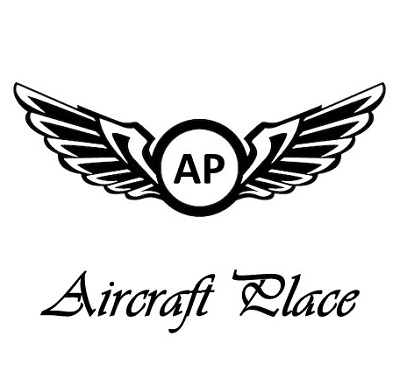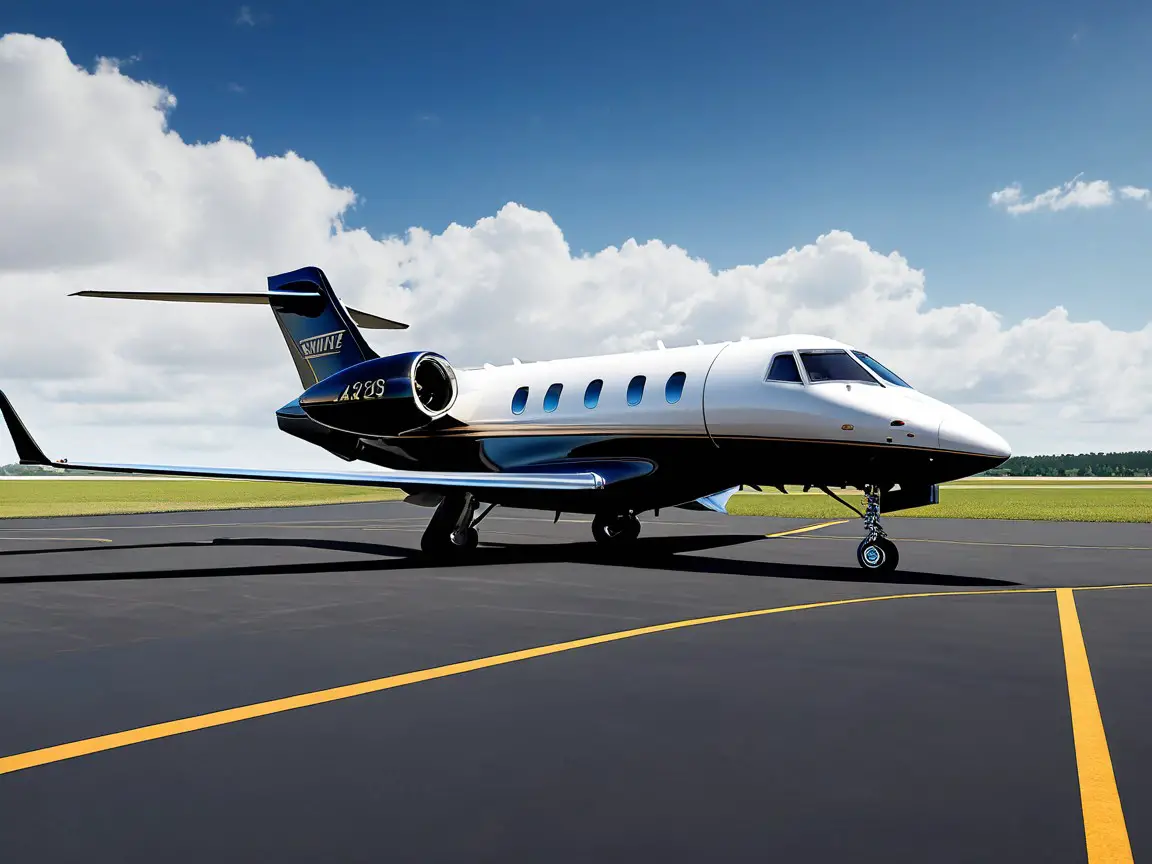Private jet charter safety is of utmost importance. Understanding the significance of safety in private jet charters is key.
Private jet charter safety is paramount. Stringent regulations, experienced pilots, and rigorous maintenance ensure passengers’ well-being.
Contents
This blog post aims to explore the essential factors that contribute to private jet charter safety.
Ensuring a comprehensive understanding for those seeking reliable and secure means of transportation.
In this post, we will delve into various aspects such as aircraft maintenance protocols, pilot qualifications and training, adherence to regulatory standards.
And the implementation of robust safety measures throughout the entire charter process.
By examining these crucial elements, readers will gain valuable insights into what makes private jet charter a safe and trustworthy option for travel.
Join us as we uncover the intricacies of private jet charter safety and provide you with the knowledge needed to make informed decisions when choosing a reputable provider.
Stay tuned for an in-depth exploration of this vital topic.
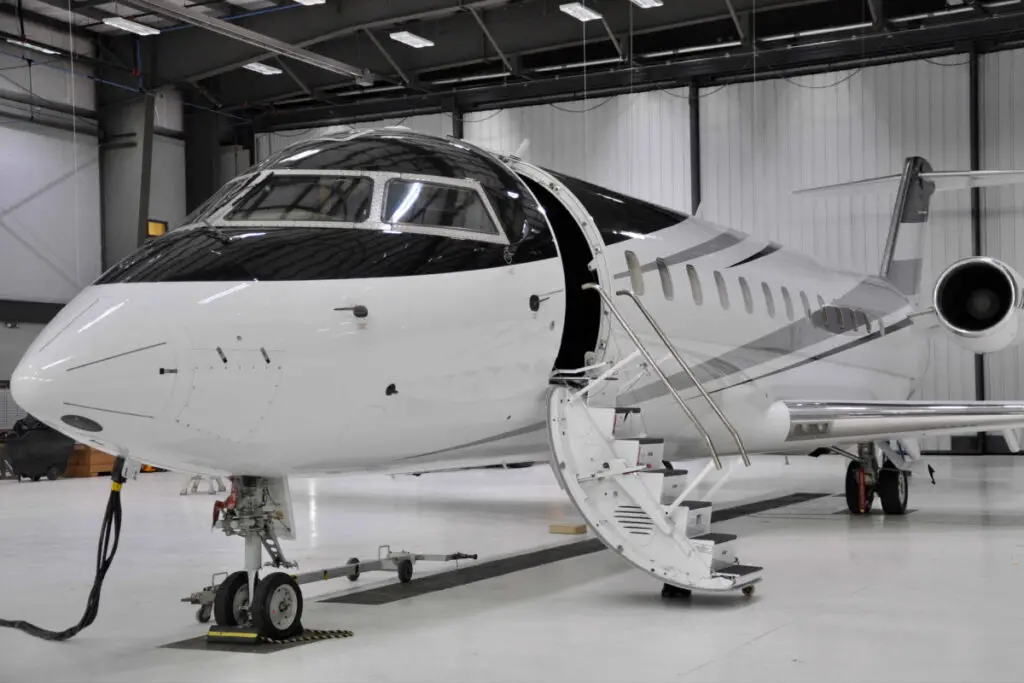
Importance of Private Jet Charter Safety
Ensuring safety is a top priority in private jet charters. This not only protects the passengers but also provides peace of mind throughout the journey.
The implementation of effective safety measures has a significant impact on the reputation and credibility of private jet charter companies.
Significance of prioritizing safety in private jet charters
Safety should always be at the forefront.
Private jet charter companies understand this and go to great lengths to ensure the highest level of safety for their passengers.
Here’s why prioritizing safety is crucial:
- Passenger protection: Safety measures are put in place to safeguard passengers from potential risks and hazards during their flight. From rigorous maintenance checks to adherence to strict aviation regulations, private jet charter companies take every possible step to ensure a safe travel experience.
- Avoiding accidents: By implementing comprehensive safety protocols, such as regular aircraft inspections, thorough pre-flight checks, and well-trained pilots, private jet charter companies minimize the chances of accidents occurring during flights.
- Emergency preparedness: Private jet charters prioritize emergency preparedness by equipping their aircraft with state-of-the-art safety equipment and ensuring that crew members are trained in emergency procedures. This ensures that they can handle any unforeseen circumstances efficiently and effectively.
Peace of mind for passengers
Traveling by private jet offers an unparalleled level of comfort and convenience, but it’s the assurance of safety that truly puts passengers’ minds at ease:
- Expert pilots: Private jet charter companies employ highly skilled and experienced pilots who undergo extensive training before taking command of any flight. Passengers can trust that they are in capable hands throughout their journey.
- Rigorous maintenance: Private jets undergo regular maintenance checks to ensure that all systems are functioning optimally. This meticulous approach guarantees that every aspect of the aircraft is safe for passenger use.
- Stringent regulations: Private jet charters adhere to strict aviation regulations set by governing bodies to maintain the highest safety standards. Compliance with these regulations is non-negotiable, ensuring that passengers are protected at all times.
Impact on the reputation of private jet charter companies
The commitment to safety has a direct impact on the reputation and credibility of private jet charter companies:
- Trust and reliability: Prioritizing safety demonstrates a company’s commitment to providing a secure travel experience. This fosters trust among passengers, who can rely on the company to prioritize their well-being.
- Positive word-of-mouth: Passengers who have had safe and enjoyable experiences with private jet charters are likely to share their positive feedback with others. This word-of-mouth promotion helps build a strong reputation for the company within the industry.
- Repeat business: When passengers feel safe and well-cared for during their private jet travel, they are more likely to become repeat customers. Satisfied clients contribute significantly to the success and growth of private jet charter companies.
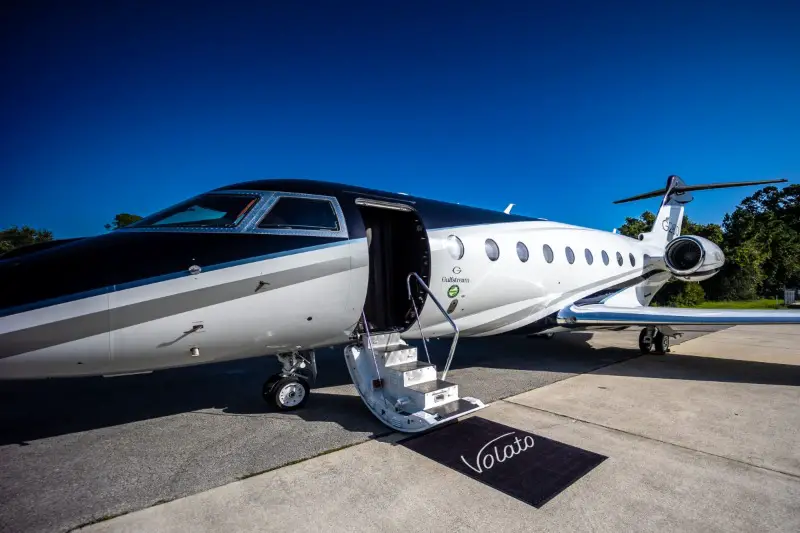
Myths About Private Jet Charter Safety
There are several myths and misconceptions surrounding the safety of private jet charters.
It’s important to separate fact from fiction and address these concerns to ensure a clear understanding of the safety standards in private aviation.
One common myth is that private jets are less safe than commercial airlines. However, this is far from the truth.
In reality, private jets adhere to strict safety regulations and undergo regular maintenance checks to ensure their airworthiness.
Private jet operators prioritize safety as a top priority, employing highly trained pilots who are experienced in handling various situations.
Another misconception is that private jet charters have a higher risk of accidents compared to commercial flights.
While accidents can happen in any form of aviation, the overall accident rate for private jets is relatively low.
Private jet operators follow stringent safety protocols and employ advanced technology to minimize risks during flights.
The smaller size of private jets often allows for more direct routes, reducing exposure to potential hazards.
Separating fact from fiction regarding the safety standards in private aviation
One prevailing myth is that there are no regulations governing the safety of private jet charters. This couldn’t be further from the truth.
Private aviation is subject to rigorous regulations set by national aviation authorities such as the Federal Aviation Administration (FAA).
In the United States or the European Union Aviation Safety Agency (EASA) in Europe.
These regulatory bodies enforce strict guidelines on pilot training, aircraft maintenance, and operational procedures.
Contrary to popular belief, flying on a private jet does not mean compromising on safety measures such as security screenings or emergency preparedness.
Private airports and FBOs (Fixed Base Operators) have robust security protocols in place, ensuring passenger safety throughout their journey.
Moreover, many reputable charter companies provide comprehensive travel insurance options for added peace of mind.
Addressing concerns and clarifying misunderstandings surrounding private jet charter safety
One common concern is the misconception that private jet charters are only for the wealthy elite.
While it’s true that private jet travel can be costly, there are various options available to suit different budgets.
Fractional ownership and jet card programs provide more affordable alternatives, allowing individuals or businesses to access private jets without the need for full ownership.
Another misunderstanding is that private jets lack safety features such as life rafts or emergency exits.
In reality, private jets are equipped with all necessary safety equipment required by aviation authorities.
These include emergency exits, life vests, fire extinguishers, and advanced avionics systems for navigation and communication.
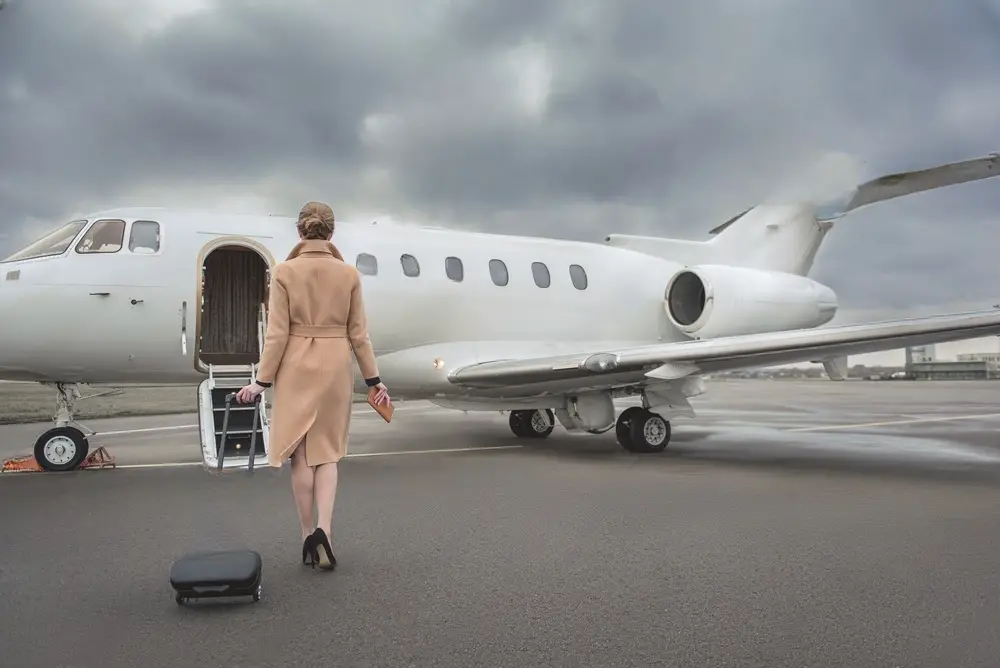
Comparing Private Jet Charter Safety with Commercial Airlines
Contrasting the safety protocols between private jet charters and commercial airlines reveals significant differences in terms of safety measures.
Many individuals prefer private jets for enhanced safety.
Advantages of Private Jet Charter Safety
Private jet charters offer several advantages when it comes to safety protocols:
- Limited Passengers: Private jets typically accommodate a smaller number of passengers compared to commercial airliners, allowing for better social distancing and reduced exposure to potential viruses or illnesses.
- Stringent Screening Procedures: Private jet charter companies often implement rigorous screening procedures for both passengers and crew members. This includes thorough background checks, security clearances, and health screenings, ensuring that only authorized individuals are allowed on board.
- Controlled Environment: Unlike commercial flights where passengers share common spaces such as check-in counters, security lines, and boarding gates with a large number of people, private jet charters provide a more controlled environment. This reduces the risk of exposure to contagious diseases.
- Customized Sanitization Practices: Private jet charter companies frequently employ specialized cleaning procedures tailored to their aircraft. These practices involve deep cleaning and disinfection between flights, ensuring a clean and hygienic environment for passengers.
- Direct Access to Airports: Private jets have the advantage of utilizing smaller airports or dedicated terminals that are less crowded than major airports used by commercial airlines. This further minimizes contact with other travelers.
Differences in Safety Measures
While both private jet charters and commercial airlines prioritize passenger safety, there are notable differences in their approach:
- Regulatory Requirements: Commercial airlines must adhere to strict regulations imposed by aviation authorities governing safety standards across all aspects of operation. These include maintenance schedules, pilot training requirements, emergency procedures, and more.
- Safety Records: Commercial airlines undergo regular audits and inspections by regulatory bodies to ensure compliance with safety standards. They also maintain public safety records, allowing passengers to review their safety performance.
- Safety Equipment: Commercial aircraft are equipped with advanced safety features such as emergency exits, life vests, oxygen masks, and fire suppression systems. These measures are designed to protect passengers in the event of an emergency.
- Air Traffic Control: Commercial airlines operate within a highly regulated airspace system monitored by air traffic control (ATC). This ensures safe separation between aircraft and provides real-time guidance to pilots during flights.
The Appeal of Private Jet Charter Safety
The enhanced safety measures offered by private jet charters have made them increasingly appealing to individuals seeking a safer travel experience:
- Privacy and Exclusivity: Private jets offer a more exclusive and private travel experience compared to commercial flights. Passengers can enjoy greater peace of mind knowing they are sharing the aircraft only with their chosen companions.
- Time Efficiency: Private jet charters often provide faster check-in procedures, shorter boarding times, and direct access to smaller airports closer to final destinations. This saves valuable time and reduces exposure to crowded areas.
- Flexibility: Private jet charters offer greater flexibility in terms of flight schedules and routes compared to commercial airlines. Passengers can customize their travel plans according to their preferences, reducing the need for layovers or connecting flights.
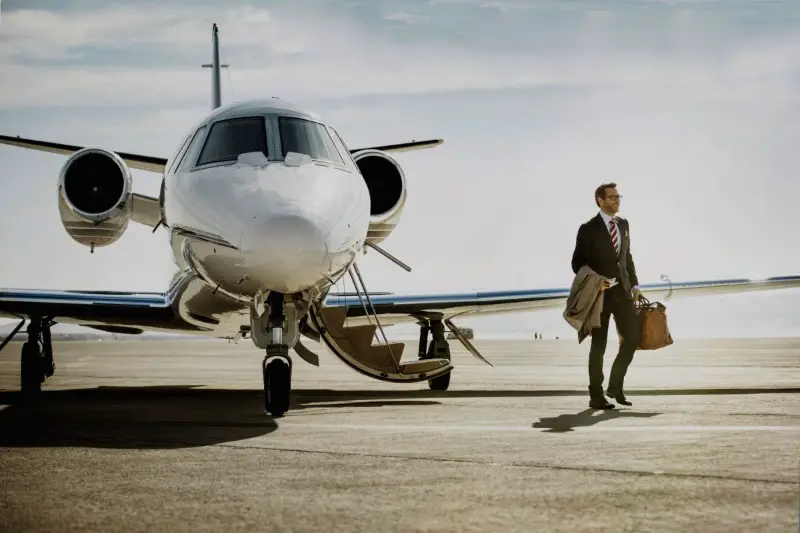
Safest Jets To Fly On In Private Jet Charter
Safety is a top priority for passengers.
Identifying the Safest Aircraft Models
Private jet charters offer a range of aircraft models, each with its own safety features and track record. Here are some of the safest jets commonly used in private jet charters:
- Gulfstream G650: This luxurious private jet is known for its impeccable safety standards. It incorporates advanced avionics systems and has an excellent reputation for reliability.
- Bombardier Global 6000: The Global 6000 boasts cutting-edge technology and exceptional safety features. Its spacious cabin provides comfort while maintaining high levels of safety.
- Dassault Falcon 7X: With its tri-jet configuration and fly-by-wire controls, the Falcon 7X offers enhanced stability and control during flights. It also has an impressive range and can reach remote destinations safely.
- Embraer Legacy 650: This midsize business jet prioritizes passenger safety with its state-of-the-art avionics suite and robust construction. It offers a smooth ride while ensuring peace of mind for travelers.
Advanced Technologies Enhancing Safety
Private jets utilize various advanced technologies to ensure a safe travel experience for passengers:
- Enhanced Vision Systems (EVS): EVS uses infrared sensors to provide pilots with improved visibility in low-light conditions or bad weather, reducing the risk of accidents.
- Terrain Awareness Warning Systems (TAWS): TAWS alerts pilots about potential terrain hazards, helping them avoid obstacles such as mountains or buildings during takeoff, landing, or flight.
- Traffic Collision Avoidance System (TCAS): TCAS monitors nearby aircraft and warns pilots if there is a risk of collision, allowing them to take evasive actions and maintain a safe distance.
Specific Features Making Jets Safer
Certain features make certain jets safer than others in private jet charters:
- Cabin Design: Jets with well-designed cabins prioritize passenger safety by incorporating features like fire-resistant materials, emergency exits, and advanced smoke detection systems.
- Structural Integrity: Private jets with robust construction and durable materials provide increased protection during unforeseen events such as turbulence or bird strikes.
- Flight Control Systems: Fly-by-wire flight control systems enhance safety by providing precise control over the aircraft’s movements, reducing the risk of human error.

Passenger Capacity and Its Impact on Private Jet Charter Safety
Analyzing how passenger capacity affects overall safety in private jet charters.
Smaller passenger loads enhance security measures
The number of passengers on board plays a crucial role. One important factor to consider is the passenger capacity of the aircraft.
It is widely understood that smaller passenger loads can enhance security measures and contribute to a safer travel experience.
Having fewer passengers allows for better control and monitoring of individuals entering and exiting the aircraft.
With limited seating capacity, it becomes easier for crew members to keep track of everyone on board, reducing the risk of unauthorized individuals or potential threats being overlooked.
Personalized attention to each passenger’s needs
Another advantage of smaller passenger loads is that they allow for personalized attention to each passenger’s needs.
With fewer people on board, crew members have more time and resources available to cater to individual requirements, ensuring a higher level of customer satisfaction and safety.
Crew members can provide personalized safety briefings, addressing specific concerns or questions raised by passengers.
They can also offer assistance during boarding and disembarking processes, helping passengers feel more comfortable and secure throughout their journey.
Crew rest periods ensure optimal performance
In addition to enhancing passenger safety, smaller passenger loads also have a positive impact on crew performance and well-being.
The Federal Aviation Administration (FAA) regulates crew rest periods based on factors such as flight duration and the number of passengers onboard.
With limited seating capacity, crew members can take advantage of scheduled rest periods without compromising their duties or responsibilities.
Sufficient rest ensures that pilots and other crew members are alert, focused, and able to make critical decisions during the flight.
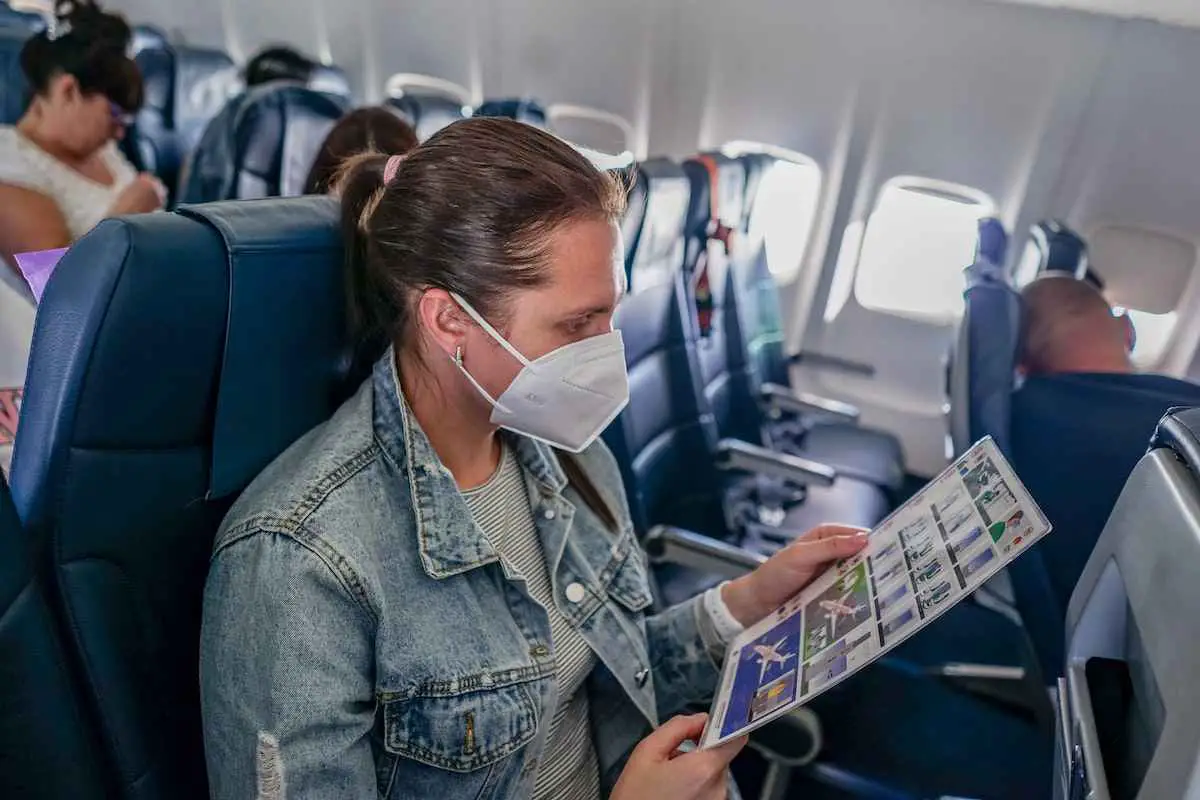
Exceeding Minimum Safety Requirements in Private Jet Charter
Private jet charter companies understand the importance of safety and go above and beyond to ensure top-notch standards.
They don’t just meet the minimum regulatory requirements; they take additional precautions to prioritize passenger well-being during flights.
Going Beyond Minimum Regulatory Requirements
Reputable private jet charter companies recognize that meeting the bare minimum is not enough.
They understand that accidents can occur due to various factors, including pilot error, inclement weather, or technical malfunctions.
Therefore, they implement advanced safety measures to mitigate these risks.
Additional Precautions Taken by Reputable Companies
To enhance safety levels, private jet charter companies often have their own set of guidelines and protocols that exceed regulatory mandates. These additional precautions may include:
- Rigorous Pilot Training: Pilots undergo comprehensive training programs that focus not only on flying skills but also on emergency procedures and decision-making in critical situations.
- Regular Aircraft Maintenance: Private jets are subject to strict maintenance schedules, ensuring that all components are regularly inspected, repaired if necessary, and kept in optimal condition.
- Enhanced Safety Equipment: Reputable companies equip their aircraft with state-of-the-art safety features such as cutting-edge avionics systems, advanced weather radar for detecting bad weather conditions in advance, and improved navigation tools.
- Thorough Background Checks: Private jet charter companies conduct thorough background checks on pilots and crew members to ensure they have a clean record and meet the highest professional standards.
- Stringent Safety Audits: Regular audits are conducted by independent organizations or aviation authorities to assess compliance with safety regulations and identify areas for improvement.
Proactive Approach towards Passenger Well-being
Private jet charter companies maintain a proactive approach towards passenger well-being throughout the entire flight experience. This includes:
- Weather Monitoring: Constant monitoring of weather conditions allows pilots to make informed decisions regarding flight routes or potential delays, ensuring the safety of passengers.
- Onboard Safety Briefings: Passengers receive comprehensive safety briefings before each flight, highlighting emergency procedures and the location of safety equipment.
- Emergency Preparedness: Private jet charter companies have well-defined emergency response plans in place to handle any unforeseen circumstances promptly and effectively.
- Dedicated Safety Departments: Many private jet charter companies have dedicated safety departments responsible for monitoring industry best practices, implementing safety initiatives, and continuously improving safety standards.

Ensuring the Highest Standards of Private Jet Charter Safety
To ensure the highest standards of private jet charter safety, charter operators prioritize implementing rigorous training programs for their pilots and crew members.
These programs are designed to equip them with the necessary skills and knowledge to handle any situation that may arise during a flight.
Pilots undergo extensive training that covers various aspects of aviation, including aircraft systems, navigation procedures, emergency protocols, and weather conditions.
They receive specialized training in areas such as instrument flying, night operations, and handling different types of aircraft.
This comprehensive training ensures that pilots are well-prepared to handle any challenges they may encounter while operating a private jet.
Crew members, including flight attendants and ground staff, also undergo thorough training programs.
They learn how to provide exceptional customer service while prioritizing passenger safety.
This includes training on emergency procedures, first aid, evacuation protocols, and effective communication during flights.
Regular Maintenance Checks to Ensure Aircraft Safety and Reliability
Another crucial aspect of private jet charter safety is regular maintenance checks performed on charter aircraft.
Charter operators have strict maintenance schedules in place to ensure that each aircraft is thoroughly inspected at regular intervals.
These checks cover everything from engine performance to avionics systems and structural integrity.
Maintenance technicians conduct detailed inspections according to manufacturer guidelines and industry best practices.
They inspect critical components such as engines, landing gear, control surfaces, electrical systems, and fuel systems.
Any issues or potential problems are identified early on through these inspections so that they can be addressed promptly before they compromise the safety or reliability of the aircraft.
Collaborating with Industry Experts to Stay Updated on Latest Safety Practices
Charter operators understand the importance of staying up-to-date with the latest safety practices in the aviation industry.
To achieve this goal, they actively collaborate with industry experts who specialize in aviation safety regulations and advancements.
By working closely with these experts, charter operators gain valuable insights into emerging safety trends, technological advancements, and regulatory changes.
This enables them to implement the most effective safety practices and stay ahead of potential risks or challenges.
It also ensures that they are compliant with all relevant safety regulations and standards.
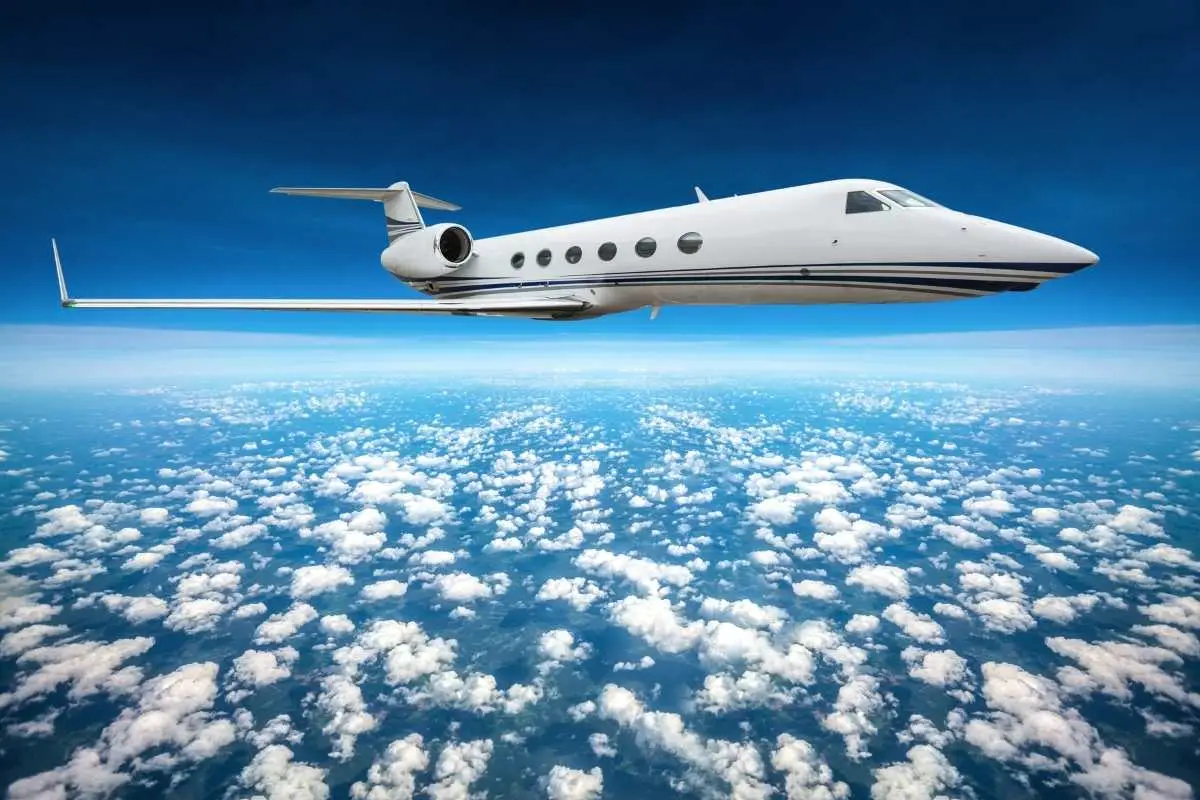
Conclusion
In conclusion, private jet charter safety is of utmost importance to ensure a secure and enjoyable travel experience.
By debunking common myths surrounding private jet safety and comparing it with commercial airlines, we have highlighted the advantages of flying on private jets.
We discussed the safest jets available for charter and emphasized the significance of exceeding minimum safety requirements.
To guarantee the highest standards of private jet charter safety, it is crucial to choose reputable operators who prioritize safety protocols.
Conducting thorough research on an operator’s safety record, certifications, and maintenance practices can provide peace of mind.
Furthermore, passengers should consider factors such as pilot experience, adherence to industry best practices, and ongoing training programs.
FAQs
1. How does private jet charter compare to commercial airlines in terms of safety?
Private jet charter offers several advantages in terms of safety compared to commercial airlines. With fewer passengers onboard, there is reduced exposure to potential health risks or security concerns. Private jets often have more direct routes and flexible scheduling options which minimize time spent in crowded airports or congested airspace.
2. Are all private jets equally safe?
Not all private jets are created equal. It is important to choose an operator that maintains their aircraft meticulously and follows rigorous maintenance procedures. Reputable operators prioritize passenger safety by conducting regular inspections and adhering to industry regulations.
3. What measures are taken to ensure passenger safety during a private jet charter?
Operators implement various measures to ensure passenger safety during a private jet charter. These include comprehensive pre-flight inspections, thorough background checks for pilots and crew members, adherence to weather-related restrictions for safe flying conditions, as well as continuous monitoring throughout the flight.
4. Are there specific types of jets that are considered safer than others?
While various factors contribute to overall aircraft safety, certain models have established themselves as reliable choices in private jet charter. Jets manufactured by reputable companies like Gulfstream, Bombardier, and Dassault Aviation are known for their advanced safety features, cutting-edge technology, and robust engineering.
5. Can passengers request information about an operator’s safety record?
Absolutely! Passengers have the right to request information regarding an operator’s safety record. Reputable operators will readily provide details about their safety certifications, compliance with industry standards, pilot training programs, and any other relevant safety-related information to ensure transparency and build trust with their clients.
